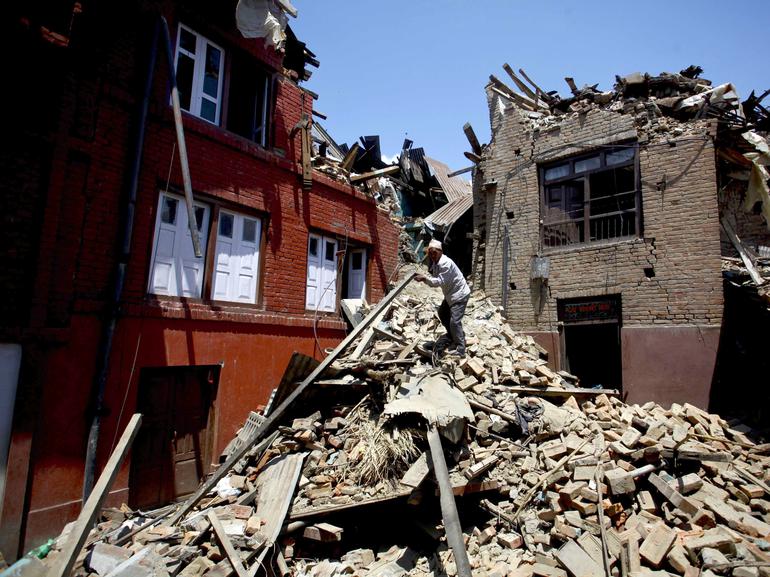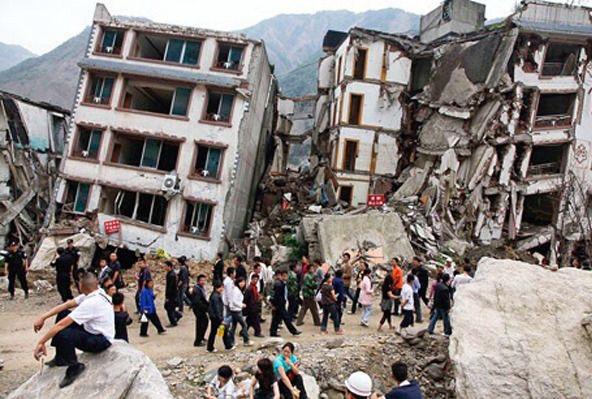CAFOD, a Catholic charity working in the region has been there since the 7.8 magnitude earthquake hit on the 25th April 2015.
It is estimated to have devastated the lives of more than 2.8 million people.
400,000 people are currently living in makeshift shelters or temporary camps in areas above 1,500 metres, where temperatures are likely to fall below freezing this winter.
Matthew Carter, from CAFOD, told Premier he is impressed with the reconstruction effort: "Seeing the way communities are running together of people perhaps that hadn't traditionally worked with each other, different communities coming together, it's been very uplifting.
"But much more to be done and particularly nervousness about the food situation."
He added that people are preparing for the winter: "Winterisation is around provision of blankets and tarpaulin, foam matts for people to sleep on, additional clothing and additionally fuel.
"We've also given out - because it's important to keep the local economy going - cash grants are being used and are seen as a really valuable way of working in these emergency situations."
He told Premier that people are still worried about the chance of another earthquake: "When I was there was a big tremor, there's still tremors still going on."
Mr Carter told Premier he expects CAFOD will be helping the region rebuild itself over the next three years.
A survey by the Nepal Shelter Cluster shows that nine out of ten people affected by the earthquake said they did not feel adequately prepared for winter.
The United Nations also says that in 120 displacement sites, hosting around 59,000 people, around 85 per cent of shelters are not suitable for the freezing temperatures.
Janet Crossley, CAFOD's Emergency Programme Manager for Nepal, said: "Many people in the colder areas are staying in makeshift homes, built from relief materials and whatever else they could salvage after the earthquake.
"As the snowline drops from December to February, many of these families will be living in poorly insulated temporary structures, without enough blankets or warm clothes to go around.
"Now that the monsoon season is over, we have a very short window of opportunity to help these families prepare for the colder weather. That means making sure that they have warm clothes, blankets, solar lamps, fuel, and the materials and techniques they need to make their shelters warm enough for winter."
Listen to Premier's Hannah Tooley speak to Matthew Carter here:






